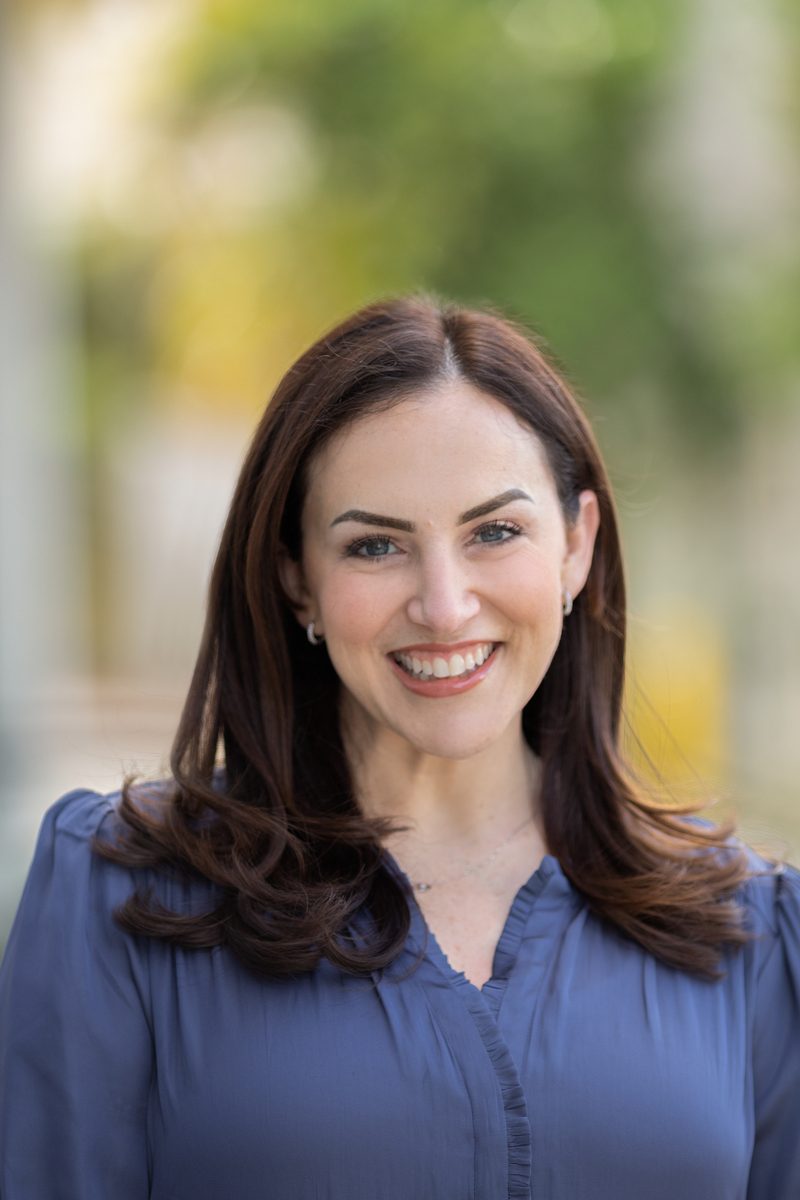
Conventional Wisdom tells us 1 in 10 people with eating disorders are male, but data suggests 25% of diagnosable cases occur in males. Unfortunately, the under reporting is likely a result of stigma, lack of sensitivity and detection, and gendered perceptions of eating and dieting. The lower occurrence of eating disorders in males may, however, also be attributed to gendered differences in the risk and maintaining factors for eating disorders. Difference in biology, brain organization and temperament may insulate men against risk. Lower levels of mood disorder vulnerability also seem to put males at a lower risk as they have a greater tendency toward externalizing disorders than women. Generally speaking, men present with less harm avoidance, less drive for thinness and less body dissatisfaction; with what we know about eating disorders, these discrepancies should also account for lower prevalence in the male population. There remains a profound difference in the way men and women are taught to think and feel about their bodies, their weight and their shape. The differences in social, cultural, psychological and biological factors makes the detection, diagnosis and treatment of men with eating disorders particularly complicated.
In addition to maintaining awareness of gender specific assessment of males with eating disorders, we are aware of the language we use in the treatment of males. We work with sensitivity to issues associated with gender while assessing motivation to change and ambivalence. It is essential to address gender-based beliefs and distortions when assessing and designing a treatment plan. This includes the use of assessments that have been designed for men and careful clinical supervision to monitor the treatment and experience of our male clients, as they participate in what the treatment program provides to all clients, regardless of gender.
Transgender individuals experience a disproportionate rate of eating disorders from cisgender individuals. Appropriate gender-affirming care can positively impact recovery as the dignity and respect of all individuals is critical to healing from an eating disorder. At Monte Nido, we provide the individualized, high quality, and client specific care that our treatment centers are known for to transgender, gender non-binary (GNB) and gender non-conforming (GNC) clients. We give each client the opportunity to list and express their gender as it is true for them and respect pronouns that they would like staff to use. Our programs have always embraced diversity and championed equality and we remain committed to learn and implement best practices in order to best serve each individual in our care.
At Monte Nido’s Residential Programs in Eugene, OR and Glen Cove, NY we treat female, male and transgender clients on a residential level. Clients can step down to local day treatment programs when clinically indicated.
For more information about Monte Nido please call 855.265.1958, visit our website and connect with us on Facebook, LinkedIn, Twitter, and Instagram.
